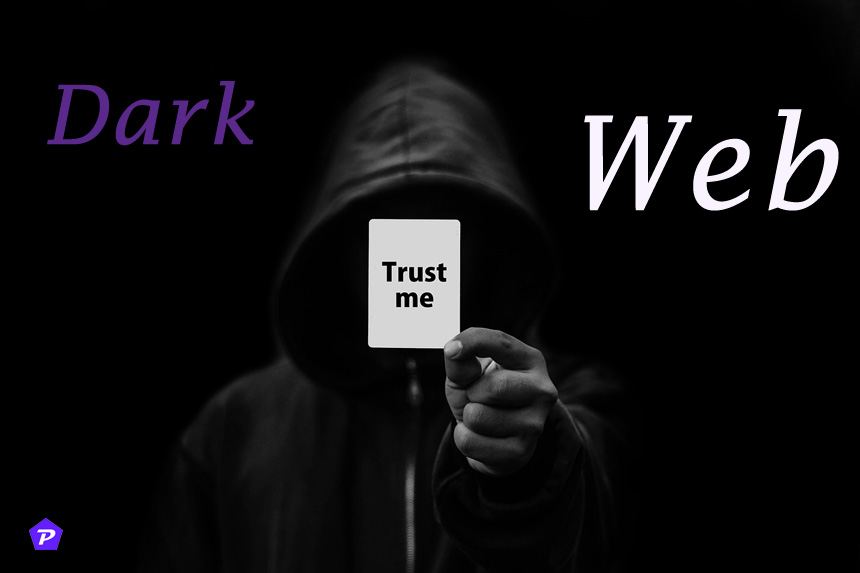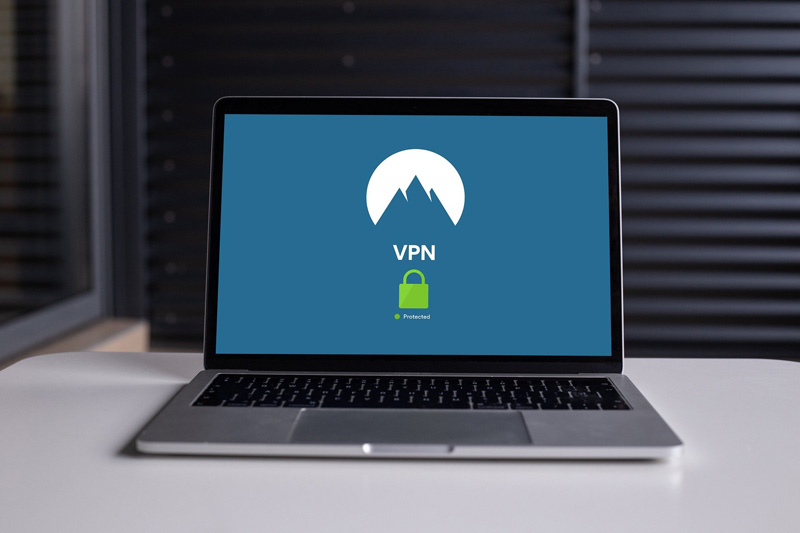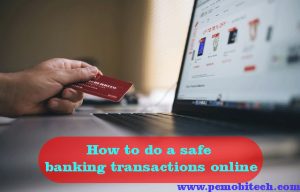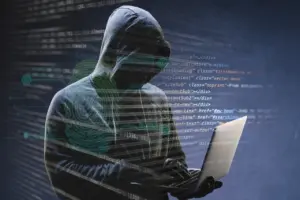The dark web has long been shrouded in mystery and intrigue, often portrayed as a breeding ground for illegal activities. While it’s true that the dark web can be home to dangerous content, it’s not inherently illegal or sinister. However, it’s essential to understand the risks involved before venturing into this hidden part of the internet.
In this article, we’ll break down what you need to know about the dark web, along with seven key risks that could endanger your security and privacy.
Is the Dark Web Safe? 7 Risks You Need to Consider

Image Credit: Pixabay.com
The dark web may seem like a hidden corner of the internet, reserved for illegal activities and cybercriminals. However, it’s also a haven for privacy-conscious individuals, journalists, and whistleblowers. Despite its legitimate uses, browsing the dark web poses significant risks if you’re not careful. Here are seven key dangers to consider if you’re thinking about exploring the dark web.
What Is the Dark Web?
The dark web is a small portion of the internet that isn’t indexed by traditional search engines like Google or Bing. It exists on encrypted networks known as “darknets,” which require specific software to access, such as Tor (The Onion Router). While the deep web refers to any part of the web that isn’t accessible through search engines (like password-protected websites), the dark web is a smaller, more secretive subsection.
Not all activities on the dark web are illegal. For example, it’s used for private communications, whistleblowing, or accessing censored content. However, its anonymity makes it an attractive hub for illicit transactions, from drug sales to hacking services.
1. Accessing Illegal Content
The dark web itself isn’t illegal in most countries, but many activities that take place there are. For example, the sale of drugs, weapons, stolen data, and child exploitation materials can be found in dark web marketplaces. Government agencies frequently monitor these spaces, and users may inadvertently access illegal content, exposing themselves to legal trouble.
While simply using the dark web may not be illegal in countries like the U.S. or the U.K., downloading illegal materials or engaging in criminal activities can result in severe legal consequences.
2. Scams and Fraud

Fraud is rampant on the dark web. Without the protections available on the surface web, you are far more vulnerable to scammers who set up fake shops, offer fraudulent services, or sell counterfeit products. Dark web marketplaces often use cryptocurrencies like Bitcoin, which are difficult to trace, meaning it’s nearly impossible to recover your funds if you fall victim to a scam.
3. Downloading Fake or Infected Software
One common mistake is downloading Tor or other dark web software from unofficial sources. Cybercriminals often create fake versions of these apps to steal your data or install malware on your device. Using compromised software can expose your personal information, including login credentials and browsing history, to hackers.
4. Browsing Without Proper Security (VPN)

While Tor offers some degree of anonymity, it doesn’t fully protect your privacy. Your internet service provider (ISP) can still see that you’re using Tor, and your IP address may be visible at the entry and exit nodes. Without using a VPN (virtual private network), your online activities could be traced back to you.
A VPN encrypts your internet traffic and masks your IP address, providing an extra layer of security. If you’re planning to use the dark web, a VPN is essential to protect your identity and browsing data.
See More:
- 5 Best Affordable VPN Services.
- Free VPN For Windows & Mac
- What Is The Difference Between Tor, VPN, and Proxy?
5. Black Market Dangers
Black markets thrive on the dark web. These marketplaces are notorious for the sale of illegal goods and services, such as drugs, firearms, and stolen data. Participating in these markets, even as a buyer, can put you at risk of being defrauded, or worse, arrested.
Law enforcement agencies, such as the FBI, routinely monitor these black markets and have successfully shut down several, including the infamous Silk Road.
6. Legal Consequences in Certain Countries
The legality of using the dark web varies by country. In places like Russia, China, and Iran, where online activities are heavily policed, accessing the dark web can lead to serious legal repercussions. These governments often ban tools like VPNs and Tor, making it illegal to browse anonymously.
On the other hand, countries with more lenient internet laws, such as the U.S. and many parts of Europe, do not criminalize the use of the dark web itself—only illegal activities conducted within it.
7. Accidentally Visiting Harmful Sites
The dark web doesn’t have an easy-to-use search engine like Google. You need to know the exact web address to find a site, and some dark web search engines, like The Hidden Wiki, can lead you to dangerous or illegal content.
Accidentally landing on a malicious or illegal site can expose you to malware or even criminal prosecution. Many dark web sites host ransomware, keyloggers, and other malicious software designed to steal your data or lock your files.
Conclusion
While the dark web can be used for legitimate purposes, it’s not without its dangers. From encountering illegal content to falling victim to scams, the risks are high. If you’re not well-versed in cybersecurity and aren’t using the right tools like a VPN, it’s easy to expose yourself to legal, financial, or data-related consequences. For the average user, the risks may outweigh the benefits.
When you purchase through links on our site, we may earn an affiliate commission. Read our Affiliate Policy.




